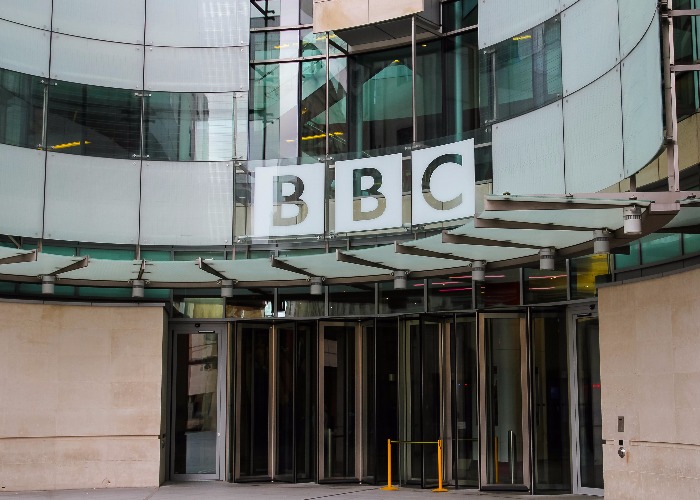Opinion: scrap the TV licence fee and let us invest in the BBC instead

It really is time the Government stopped expecting taxpayers to pay for something that could easily stand on its own two feet.
Television licences are back in the headlines after the culture secretary outlined the how much the fee is set to rise by in the coming years.
It currently costs £145.50 but will increase in line with inflation for the next five years, meaning we'll soon be shelling out more than £150 for the privilege.
The price hikes were revealed in a White Paper outlining a raft of ways in which the BBC could change. Sadly, it's overlooked one obvious strategy that could benefit both the BBC and the public: scrapping the licence fee for good.
The problem with the licence
In these austere times it really is time the Government stopped expecting taxpayers to pay for something that could easily stand on its own two feet.
Taxpayers gave the BBC £3.74 billion in 2014-15. That's a huge sum to be handed over - especially when many other public services are struggling on budgets that are being repeatedly cut.
The licence fee is a strange outdated funding method that doesn’t fit with the modern way many of us view television programmes. Most of us rarely sit down to watch a programme live these days and hundreds of thousands of us rely on the internet to watch shows.
Where we are now
At present, if you don’t watch live television you do not need to have a TV licence – a situation that means the BBC misses out on £100 million a year, according to The Times.
But that's coming to an end. The culture secretary, John Whittingdale, is pushing through legislation to get that loophole closed. This could lead to the bizarre situation where people who don’t even have a TV, but watch iPlayer on their computer, smartphone or tablet, will still have to pay for a TV licence.
“The BBC works on the basis that all who watch it pay for it,” Whittingdale told the Oxford Media Convention. “Giving a free ride to those who enjoy Sherlock or Bake Off an hour, a day or a week after they are broadcast was never intended and is wrong.”
I completely disagree. Why should someone who has never even watched BBC 4 be forced to pay for part of the cost of making The Wonder of Bees or someone with a love of classical music cough up for the wages of Radio 1 DJs?
The long-held argument in favour of the licence fee is that it stops the BBC becoming a commercial behemoth that only makes TV programmes for large audiences that advertisers want to support.
Novel alternatives to the licence fee
However, there is more than one way to fund a TV station.
Emran Mian in The Times outlined a fantastic way to keep the BBC afloat without adverts, or worse still, product placement (I don’t want to see a BBC so kowtowed by its commercial partners that David Attenborough has to wear a Nike cap and drink Diet Coke while sitting amongst the gorillas).
Mian’s idea is to allow Joe Public to invest in the BBC. This could be through bonds, shares or even crowdfunding programmes. There would need to be checks in place to stop individuals investing too much and wielding unfair influence but it is a system that could work. Income-seeking savers fall over themselves to invest in low-risk bonds and crowdfunding is all the rage.
In doing so you would also abolish one of the darkest aspects of the licence fee – its compulsory enforcement. If you are caught watching live programmes without a licence you can be fined up to £1,000 (bizarrely the maximum fine is £2,000 in Guernsey and £500 in Jersey).
Fail to pay the fine and you can be imprisoned. A whopping 180,000 people a year are prosecuted for not having a TV licence, and 350 were imprisoned for failing to pay the fine in the nine years to 2014. Astonishingly, 10% of all court cases relate to TV licence dodging. What a ludicrous waste of the Justice Department’s time and resources. These people are not criminals.
Scrapping the licence fee would save money, free the BBC to raise money commercially and potentially create a fantastic investment opportunity for the British public. It really is time to step into the 21st century and do away with this archaic charge.
Of course some people believe the service should remain publicly funded. But even then I'd argue the current fee system is the wrong choice. Why not simply pay for it through general taxation? This will massively reduce the administration costs - and prevent loads of people being dragged through the courts.
Get a massive 5% interest on your current acccount with loveMONEY
We want to hear your financial stories! Get in touch at uknews@lovemoney.com and you could be featured on the site.
More money essentials:
Why is Sainsbury's ditching multibuy deals?
Comments
Be the first to comment
Do you want to comment on this article? You need to be signed in for this feature